Taking courses and getting involved in opportunities outside of your specific major of choice is a great way to explore and shape your own professional niche. “While working towards my undergraduate biology degree, I met a lot of other students who really struggled with the math in their classes. I realized that being passionate about both areas gave me unique opportunities”. Read more about how Shannon combines her two passions to develop her unique role on a university research team where she thrives.
What are potential areas of interest that you get excited about? How can you find ways to combine these interests in your future career to set yourself as a distinct, irreplaceable member of a team?
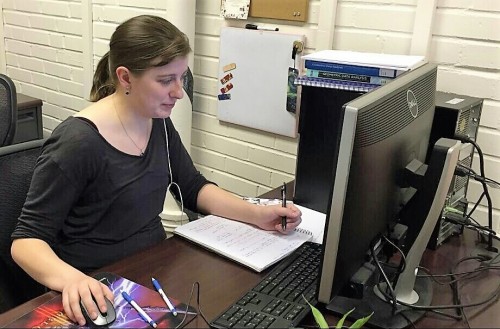
Year in present degree: 2nd year PhD student in Colorado State’s Mathematics Department
Your previous degrees, majors, & schools: BS in Biology, BA in Mathematics; University of Colorado at Colorado Springs
- What shaped your interest in your present research agenda?
While working towards my undergraduate biology degree, I met a lot of other students who really struggled with the math in their classes. I realized that being passionate about both areas gave me unique opportunities. I decided that I wanted to work on biological problems from a mathematical perspective. Working in the Pattern Analysis Lab and with GAUSSI has provided great opportunities to do this.
- What problem will your research help to solve?
The goal of my lab’s current research project is to help identify gene expression signatures that can be used in the early diagnosis of influenza. My work further investigates how expression of different pathways changes over time as the immune system responds to infection and how that affects the development of symptoms.
- What advice do you have for high school and undergraduate students about entering this field/area of research?
Don’t worry too much about knowing exactly what you want to do. There are so many diverse career paths within math and science that you are sure to find something that interests you. Explore different areas and don’t box yourself into one particular field. Don’t be afraid to reach out to teachers or other students with questions about their work. If you plan on going into any kind of applied math, I strongly recommend taking as many computer science classes as possible and getting comfortable with coding early on.
- What helps an individual be successful in this field? What advice do you have for school counselors and/or college advisors to help students succeed in STEM?
A sense of curiosity and strong problem solving skills are important. Developing good self-discipline is vital too, especially when faced with failure. I hit dead ends more often than not when working on research, and it is important to not be deterred by that. Even failed attempts have value, and learning from them is ultimately what leads to success.
Stemcareer.com includes these interviews as part of the GAUSSI Career Planning program under the direction of Rich Feller PhD, Professor of Counseling and Career Development, Colorado State University.



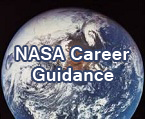

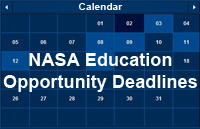
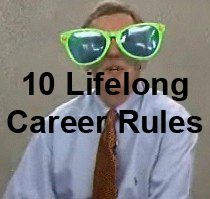
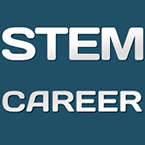
Comments are closed.